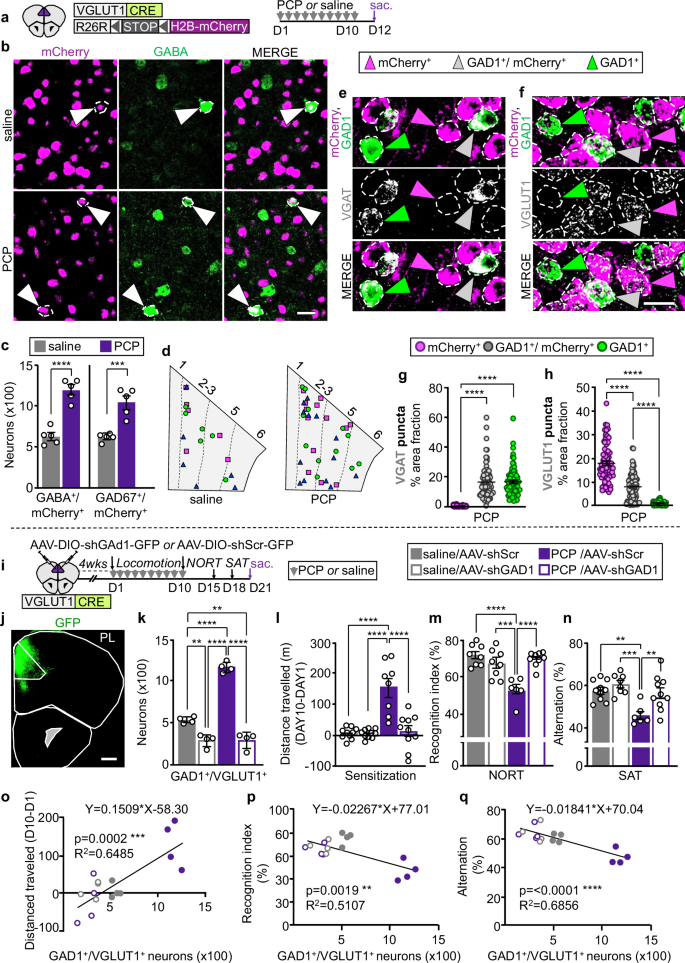2024-09-26 カリフォルニア大学サンディエゴ校(UCSD)
<関連情報>
- https://today.ucsd.edu/story/organoids-derived-from-gut-stem-cells-reveal-two-distinct-molecular-subtypes-of-crohns-disease
- https://www.cell.com/cell-reports-medicine/fulltext/S2666-3791(24)00478-6
クローン病患者の生体オルガノイドバイオバンクから個別化治療薬の分子サブタイプが明らかになった A living organoid biobank of patients with Crohn’s disease reveals molecular subtypes for personalized therapeutics
Courtney Tindle∙ Ayden G. Fonseca∙ Sahar Taheri∙ … ∙ Debashis Sahoo∙ Soumita Das∙ Pradipta Ghosh
Cell Reports Medicine Published:September 26, 2024
DOI:https://doi.org/10.1016/j.xcrm.2024.101748
Graphical abstract
Highlights
•Prospectively biobanked CD organoids recapitulate the disease epithelium in patients
•The phenome-transcriptome-genome of CD organoids converges on two molecular subtypes
•One subtype shows impaired microbial clearance, and another increased cellular senescence
•Phenotyped-genotyped PDOs are then used for integrative and personalized therapeutics
Summary
Crohn’s disease (CD) is a complex and heterogeneous condition with no perfect preclinical model or cure. To address this, we explore adult stem cell-derived organoids that retain their tissue identity and disease-driving traits. We prospectively create a biobank of CD patient-derived organoid cultures (PDOs) from colonic biopsies of 53 subjects across all clinical subtypes and healthy subjects. Gene expression analyses enabled benchmarking of PDOs as tools for modeling the colonic epithelium in active disease and identified two major molecular subtypes: immune-deficient infectious CD (IDICD) and stress and senescence-induced fibrostenotic CD (S2FCD). Each subtype shows internal consistency in the transcriptome, genome, and phenome. The spectrum of morphometric, phenotypic, and functional changes within the “living biobank” reveals distinct differences between the molecular subtypes. Drug screens reverse subtype-specific phenotypes, suggesting phenotyped-genotyped CD PDOs can bridge basic biology and patient trials by enabling preclinical phase “0” human trials for personalized therapeutics.



